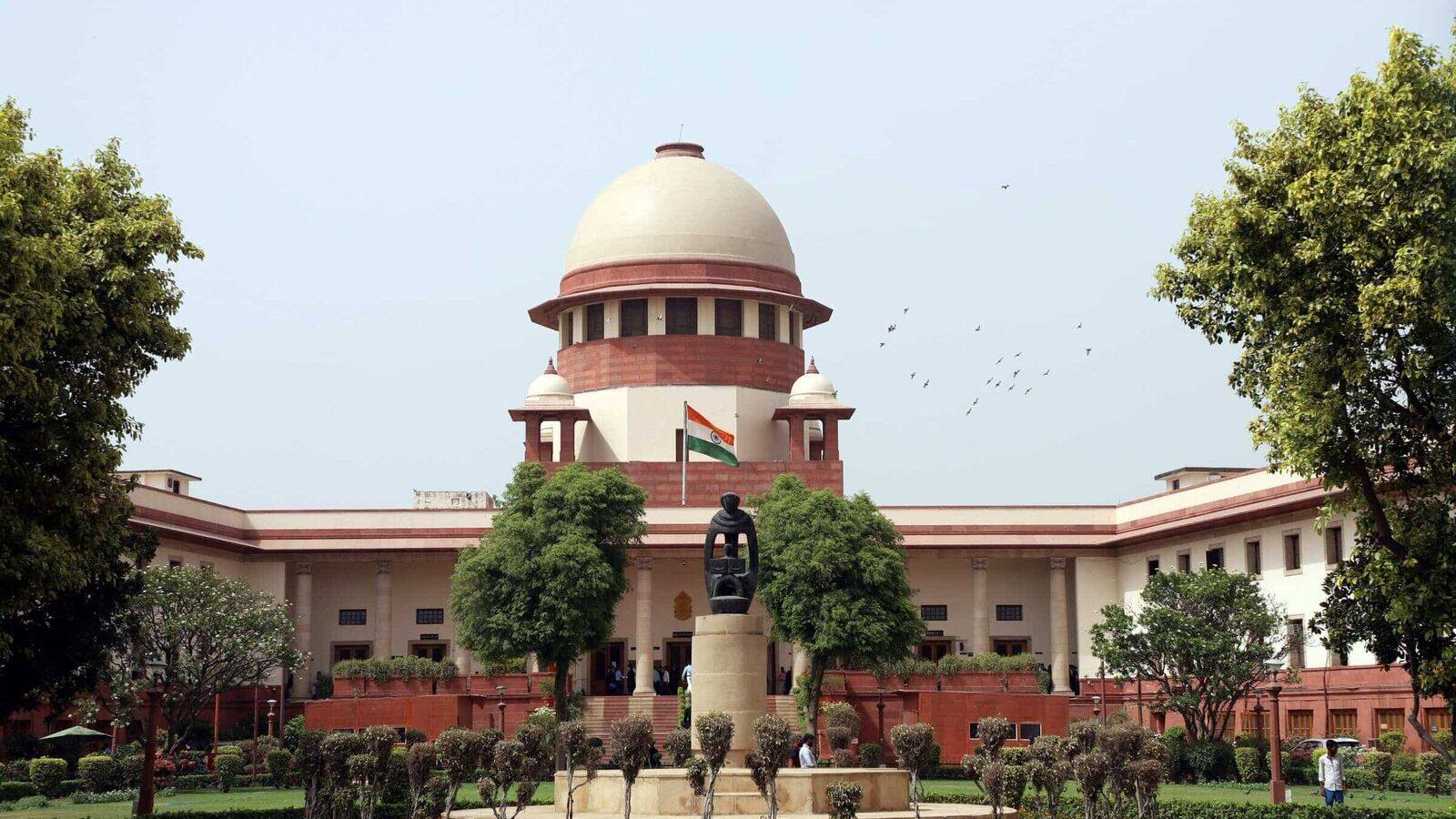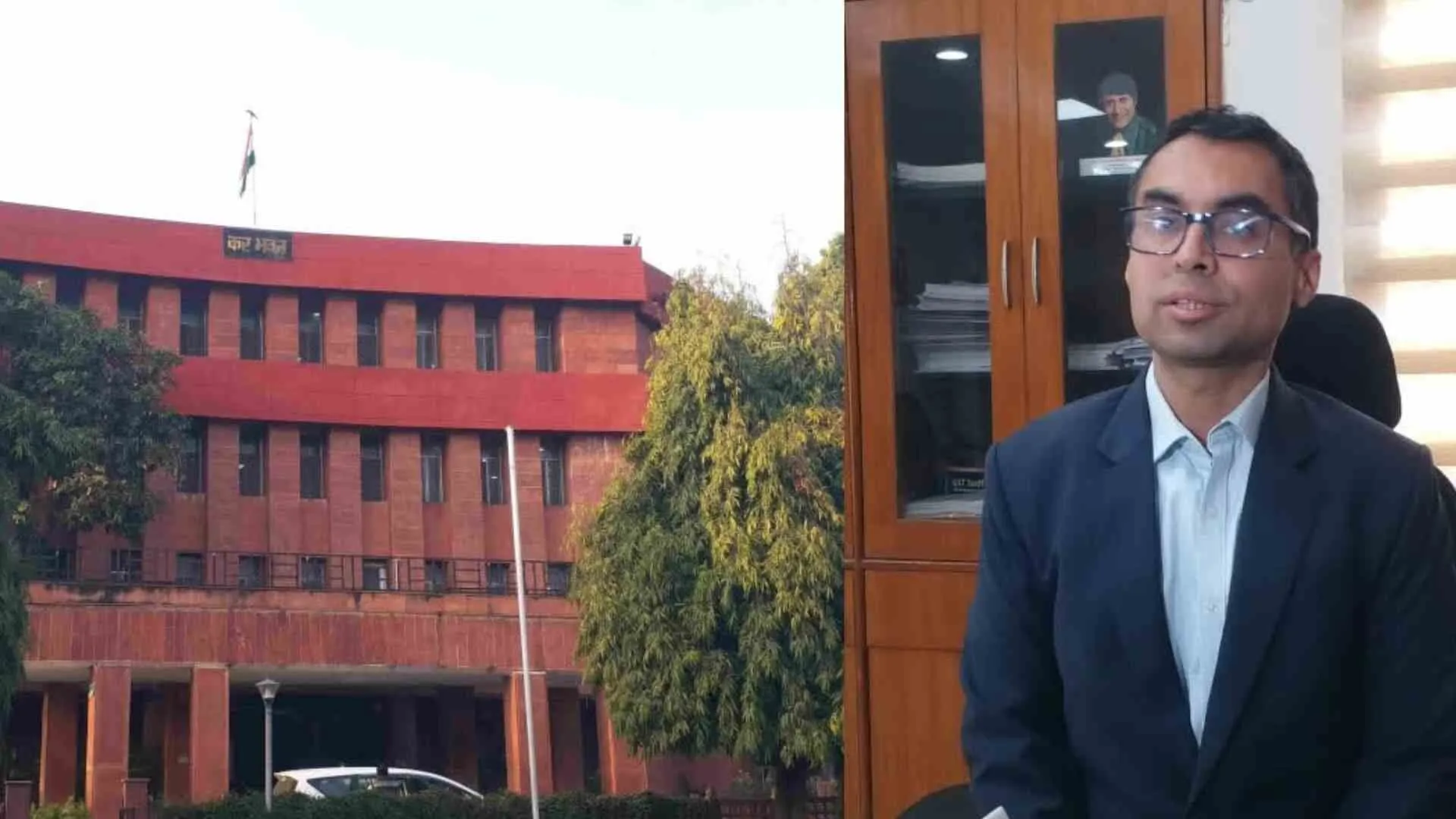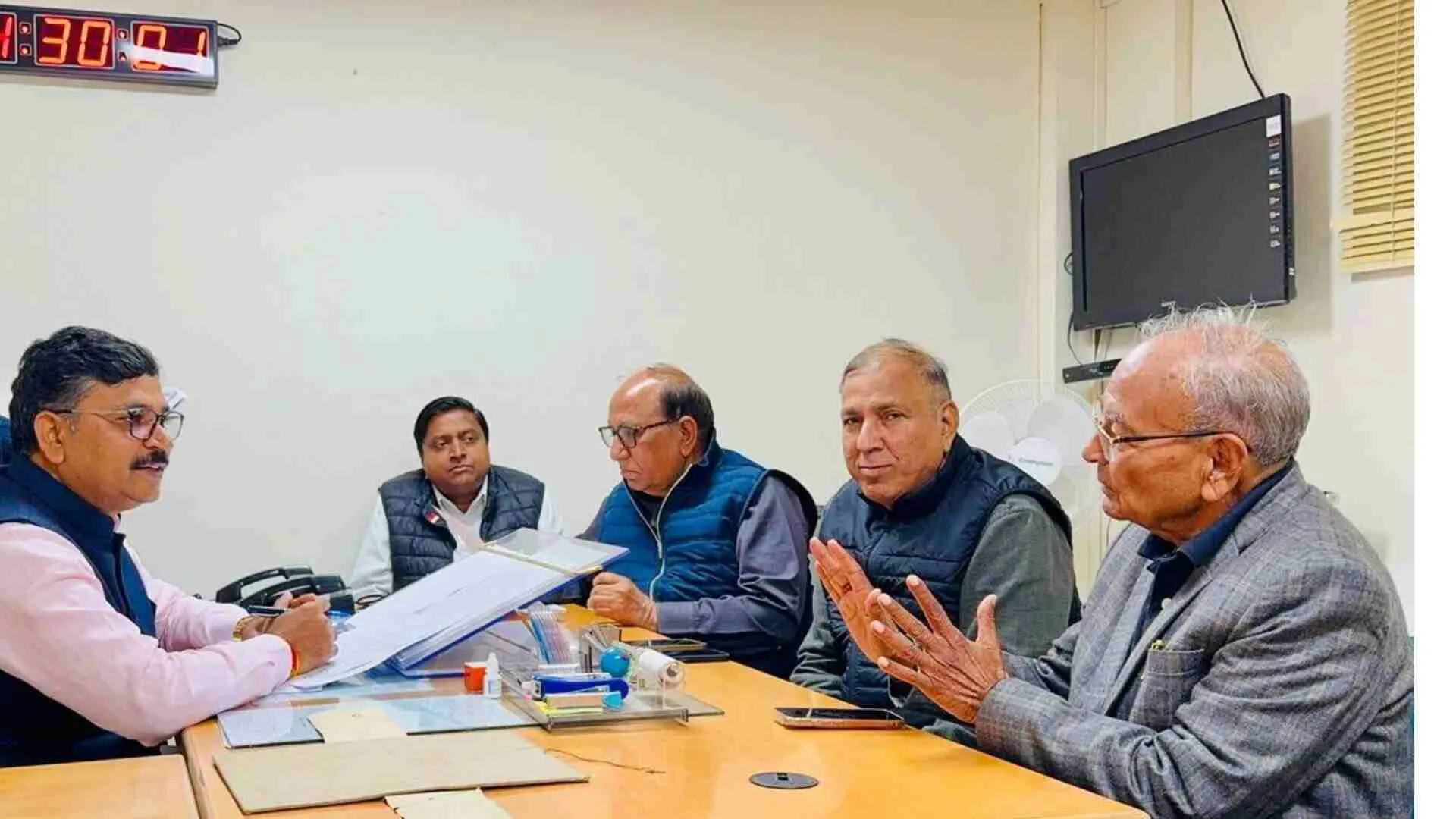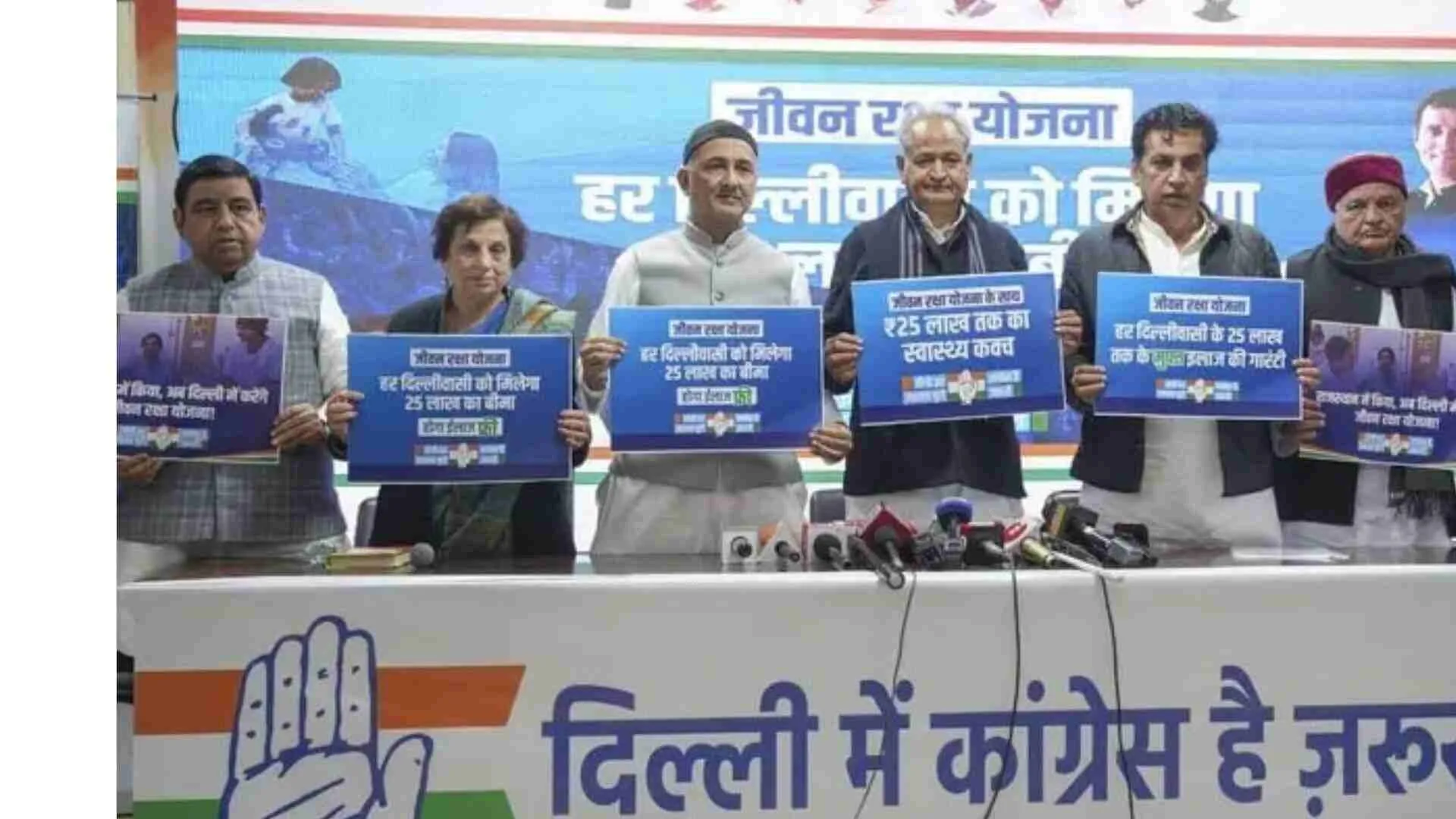The Supreme Court in the case M/S A.K. Sarkar & C.O. & Anr. Versus The State OF West Bengal And Ors. observed that Article 20(1) of the Constitution of India does not restrain the Courts from imposing a lesser punishment on the basis of a new law which came into force after the date of commission of the offence.
The court stated that Article 20(1) of the Constitution, which incorporates the principle that criminal laws cannot be given retrospective operation, states that a person cannot be punished or subjected to a higher penalty on the basis of a law which was not in force at the time of the offence.
The bench comprising of Justice Sudhanshu Dhulia and Justice PB Varale in the case observed and has stated that the prohibition contained in Article 20 of the Constitution of India is on subjecting a person to a higher punishment than which was applicable for that crime at the time of the commission of the crime. This being no prohibition, for this Court to impose a lesser punishment which is now applicable for the same crime.
The judgement authored by Justice Sudhanshu Dhulia considered the question of whether the sentence imposed on the appellants under the Prevention of Food Adulteration Act, 1954, the Old Act could be converted after the introduction of the Food Safety and Standards Act, 2006, the New Act. The bench provided the benefit of the lesser sentence which is to be imposed on the accused or appellants by converting the sentence of the food company partner or appellant no.2 from three months imprisonment to Rs. 50,000/- only, after referring to the case of T. Barai v. Henry Ah Hoe. The Supreme Court in the case . Barai v. Henry Ah Hoe held that when an amendment is beneficial to the accused it can be applied even to cases pending in Courts where such a provision did not exist at the time of the commission of offence.
The court while giving the benefit of the new Act, though it was not in force when the offence was committed, thus, the Supreme Court gave benefit to the accused or appellants by converting the sentence of imprisonment to a just fine. In the present case, the case was registered against the appellants or accused under the Prevention of Food Adulteration Act, 1954, for not labeling the details of the manufacturer and the manufacturing date of the food item namely some boiled sugar confectionary as per Rule 32(c) and (f) of the Prevention of Food Adulteration Rules, 1955, the 1955 Rules. The Trial Court in the case obserevd and has convicted the appellants i.e., appellant no.1 being a food company and appellant no.2 partner of the company, under the Prevention of Food Adulteration Act, 1954. Appellant no.2 was sentenced to undergo simple imprisonment for a period of six months along with a fine for an amount of Rs. 1,000/- each, whereas appellant no.1 was directed to pay a fine of Rs. 2,000/-.
The High Court in the case obserevd and has upheld the conviction, however, reduced the sentence of the appellant no.2 from six months to three months and maintained a fine of Rs. 1,000.
The Appeallant aggrieved with the decision of High Court, approached the Supreme Court.
The appellant contended before the Supreme Court that the entire case of the prosecution is liable to be dismissed for the simple reason that the appellants were charged under Rule 32 (c) and (f) of the Rules but these provisions were not related to misbranding and were regarding something else.
The Supreme Court also referred to Rule 32 of the 1955 Rules observed that at the time of sample collection, the provisions of Rule 32 (c) and (f) were applicable, which requires that the name and complete address of the manufacturer or importer or vendor or packer, and the month and year in which the commodity is manufactured or prepacked, respectively.
The Supreme Court stated that the contention made by learned counsel for the appellant with regards to non-applicability of the provision is not correct. There are concurrent findings of three Courts below and there is absolutely no question of us having any measure of doubt as to the findings, inasmuch as that the packets which were taken from shop or godown of the appellants were misbranded as defined under Section 2(ix)(k) of the Act, as they were not labelled in accordance with the requirements of the Act or the Rules made thereunder. The Supreme Court while considering the facts and circumstances of the case converted the sentence of appellant no.2 from three months of simple imprisonment along with a fine for an amount of Rs.1,000/- to a fine of Rs.50,000/- (Rupees Fifty Thousand only). Thus, the sentence of appellant no.1 which is for a fine for an amount of Rs. 2000/- is upheld.
Accordingly, the court partly allowed the appeal.
The counsel, Ms. Nandini Sen Mukherjee, AOR appeared for the Petitioner(s).
The counsel, Advocates Ms. Mantika Haryani, Adv. Ms. Ripul Swati Kumari, Adv. Ms. Astha Sharma, AOR Mr. Kunal Chatterji, AOR Ms. Maitrayee Banerjee, Adv. Mr. Rohit Bansal, Adv. Ms. Kshitij Singh, Adv. Mr. Sohhom Sau represented the respondent.

















